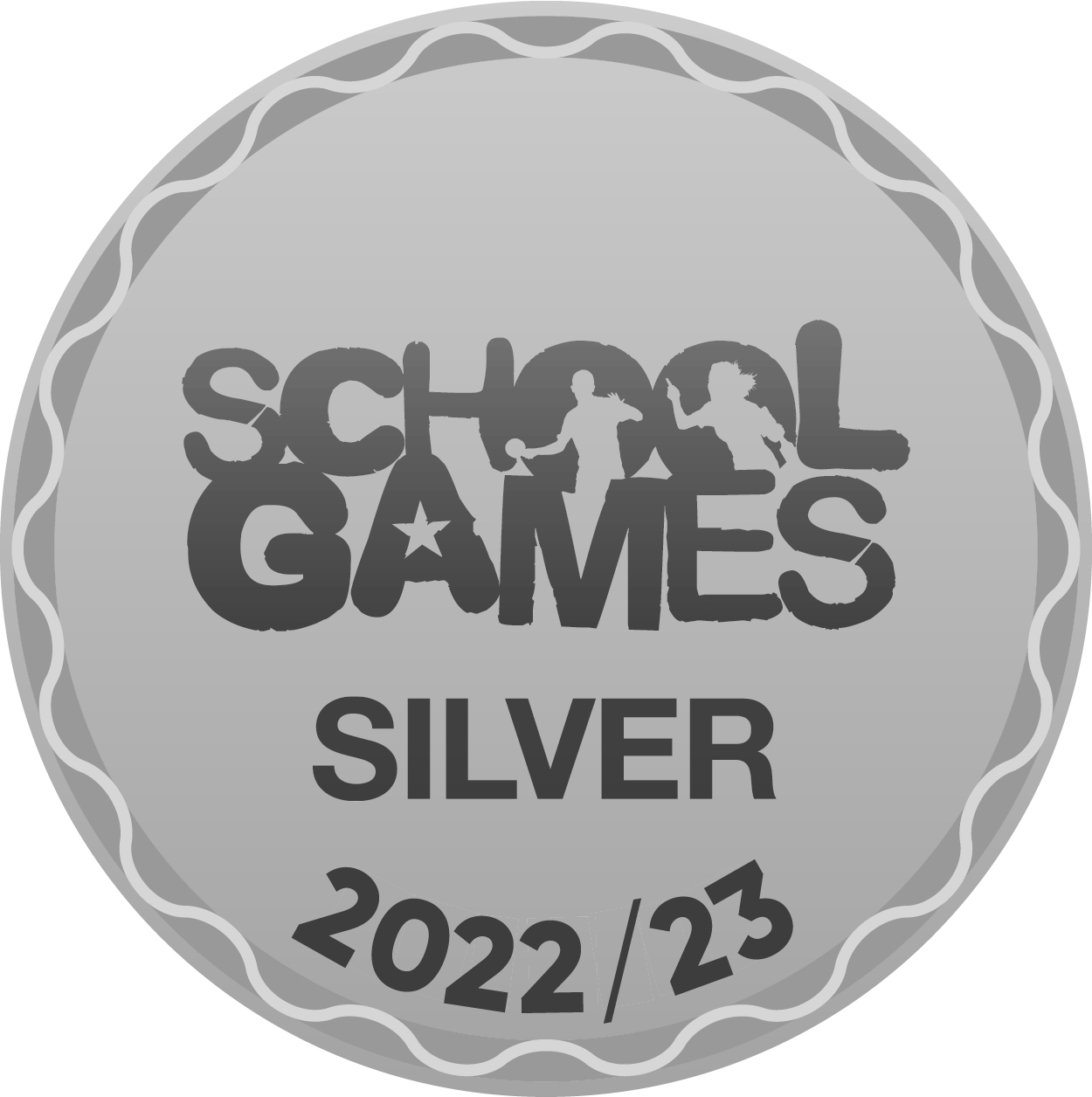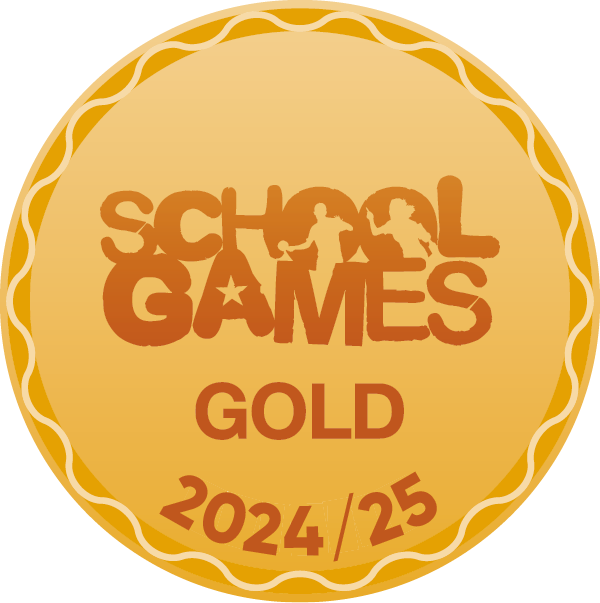Maths
|
Maths Curriculum Statement |
|
Intent |
|
At Ashfield Park, children recognise Maths is a web of interconnected concepts that build upon and support each other, no one is innately good at maths and everyone can achieve, it takes mistakes and practice but fundamentally it is a skill that can be learnt just like any other. Our children can fluently and seamlessly move between different areas of maths to confidently solve problems. Our fluency work and curriculum progression are based upon the National Curriculum (2014), the Department for Educations Mathematics guidance: key stages 1 and 2 (ready-to-progress, June 2020) and the 5 ‘big’ ideas of mastery in mathematics as outlined by the NCETM. Children will be able to: · Draw upon core fluency facts, calculations and understandings to support calculations and problem solving. · Understand maths is a learned skill, no different than basketball or origami, that just takes practice. Mistake making is a core part of the learning process and the most effective learning occurs when there is sufficient challenge. · Take pleasure in systematically working through challenging problems. · Confidently use and understand mathematical language that goes beyond the ‘basics’. We expect our children to use highly technical language to support their understanding of the subject. · Have a deep understanding of the concepts behind the maths rather than relying on ‘tricks’ or algorithms that arrive at an answer. Representations and structures should be internalised. · Identify and tackle the same mathematical concept presented in a variety of unfamiliar presentations and scenarios. · Use chains of reasoning to justify and explain their understanding. We believe that secure foundations in fluency, number sense and a conceptual understanding are the keys to mathematical success. With these in place our pupils have the tools needed to confidently draw links between different areas of maths and ultimately see the discipline as an interconnected web of ideas, giving them the understanding needed to tackle even the most complex of problems. |
|
Implementation |
|
Fluency is developed through daily fluency practice. Each day, 15 minutes of time is dedicated to the learning of core facts, calculations, mental strategies and times tables. As recommended by the NCETM, this work is carried out separate to the maths lesson in a dedicated fluency book. Fluency in these skills ensures children can dedicate their conscious cognitive focus to learning new skills with the obstacles of fluency removed.
During EYFS, Year 1 and Year 2, children develop their understanding of number sense and what number means using the NCETM Mastering number program. This provides a core foundation for later number work. This comprehensive program builds week on week to ensure that by the end of year 2, all children should have an unshakable concept of number, subitising, more or less, ordinality and cardinality, making comparisons and recognising relationships. This work is carried out in addition to the core maths lesson.
Maths lessons across the school use a custom-tailored curriculum that use the NCETM Professional Development Materials to put number at the core of everything we do. These resources are not an ‘off the shelf’ scheme and require the class teacher to engage with the concept guides. Using these resources ensures the teacher is professionally developed daily by engaging with the teacher guide and support the obtaining of a strong subject knowledge they require to use. The NCETM Professional Development Materials also put the aforementioned mastery ‘5 big ideas’ at the core of their approach. This concept-based approach ensures that throughout children are taught the underlying concepts through representations. Non-number units such a geometry and embedded within number units where appropriate to best make use cross unit links. Work is carried out in maths books and a high level of pride in presentation is promoted.
Rigorous assessments and reviews ensure that we are able to provide targeted support so that all children make progress and develop their skills across the maths curriculum. High quality question level analysis is an expectation of the assessment process, furthermore this process must be carried out by the class teacher, ensuring an excellent understanding of individual or class misunderstandings that need to be addressed. Daily assessment focuses on identifying gaps in learning or misconceptions in order for them to be addressed immediately to ensure all children keep up.
|
|
Impact |
|
At Ashfield Park Primary School, the organisation of the Maths curriculum allows for all pupils to develop their fluency and numeracy skills in order to become enthusiastic mathematicians who value and take pride in their learning. Pupils are confident to take risks in their problem solving, and enjoy sharing their reasoning. Outcomes of work in both Maths and across the wider curriculum provides evidence of the impact of the mastery-based maths opportunities provided for all pupils.
Early KS1 shows a significant increase in outcomes having implemented the mastering number program and a mastery-based approach. Within this data we can also see a significant increase in the amount of children attaining the higher standard.
|






